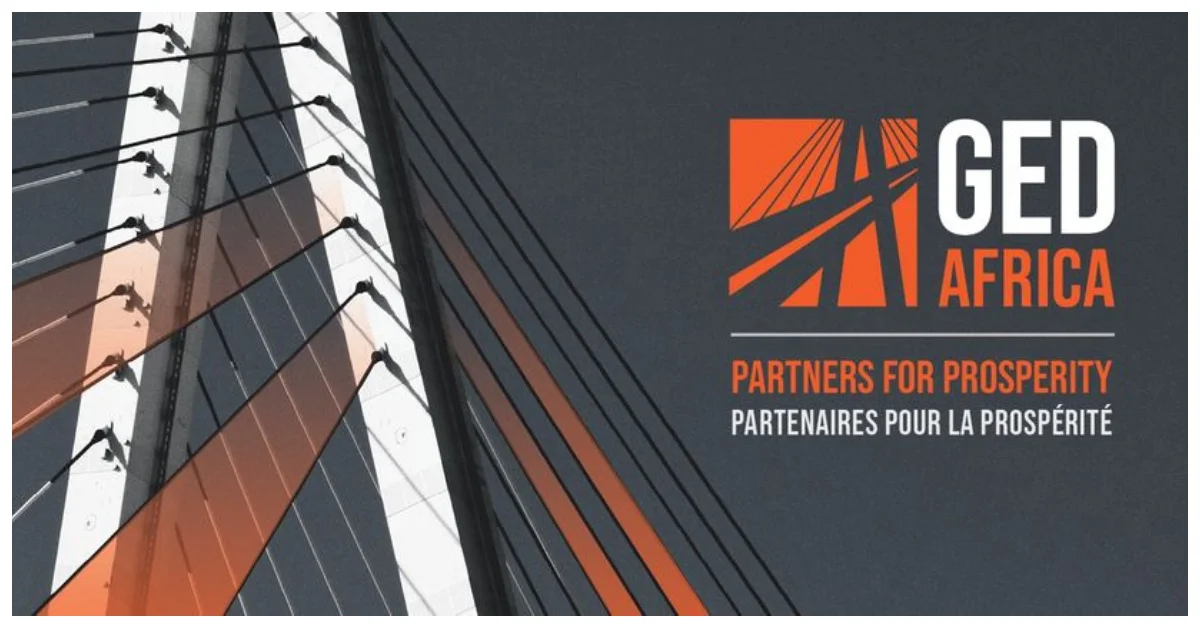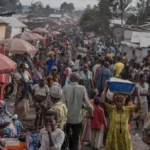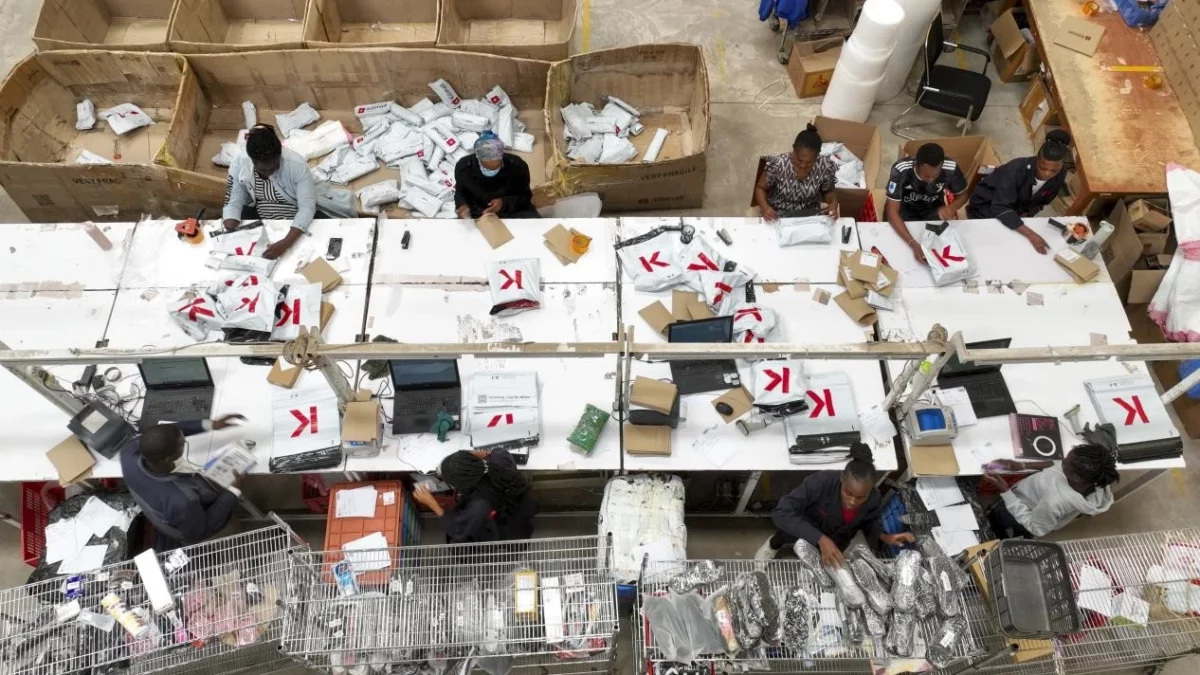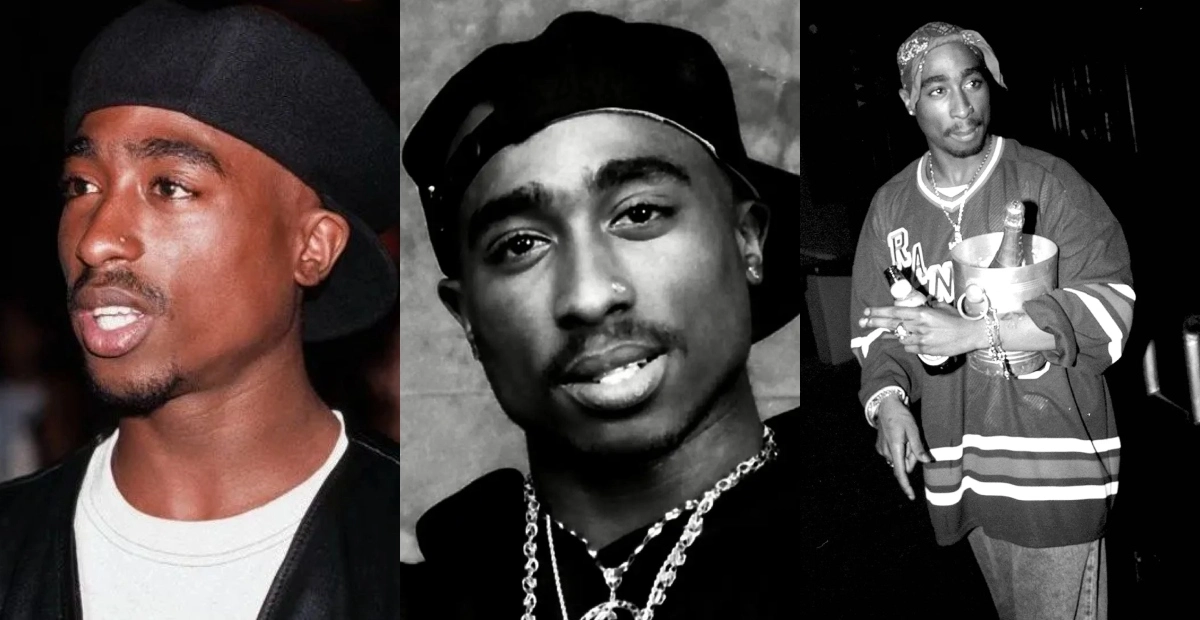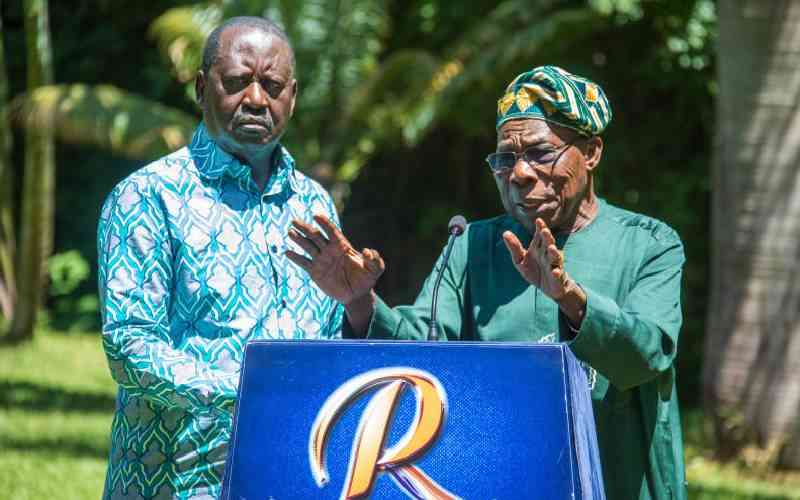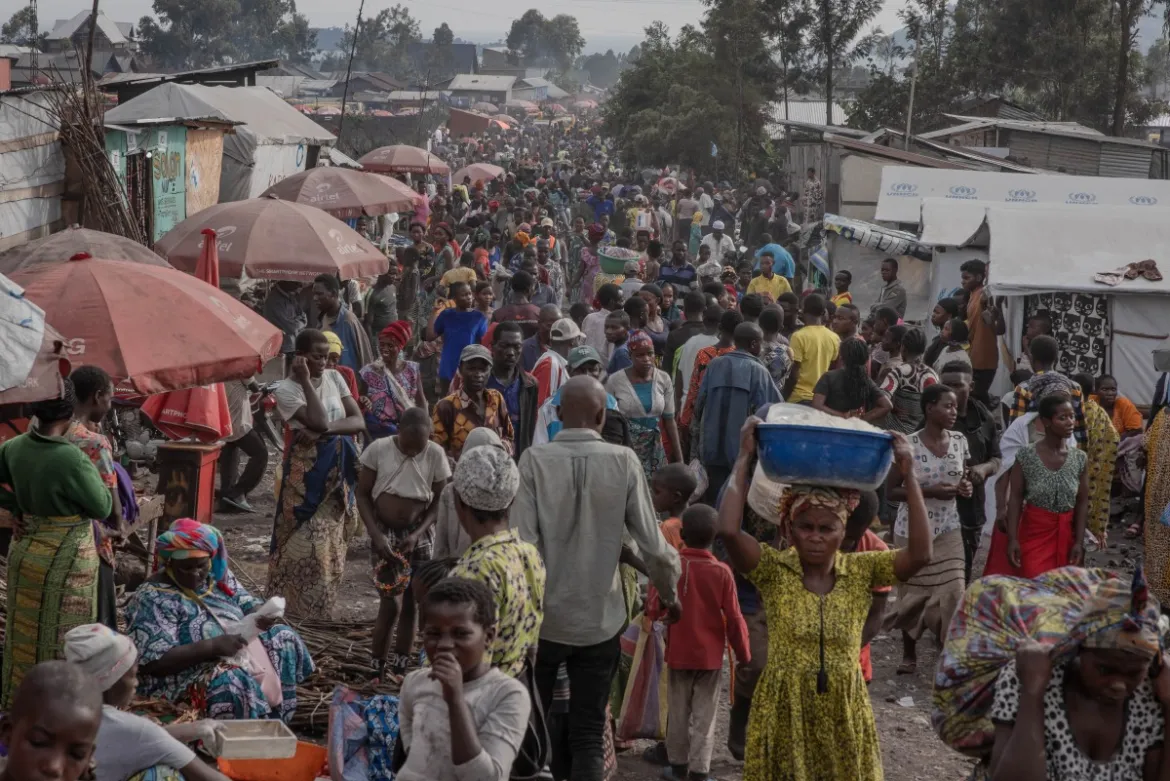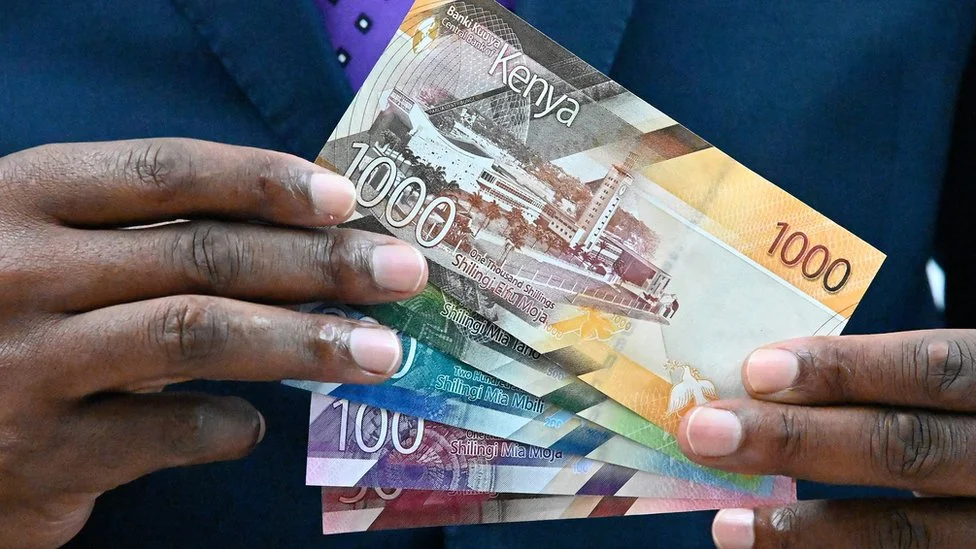An ambitious US dollar 850 million (Ksh126.3 billion) road project is set to transform transportation and connectivity in the Democratic Republic of Congo, Zambia, and East Africa. This significant infrastructure initiative, undertaken by Mauritius-based GED Africa with the backing of Hungarian construction firm Duna Aszfalt Zrt., aims to create a vital link between copper and cobalt mines and an East African port.
The project, officially initiated by Congo’s President Felix Tshisekedi and Zambia’s Hakainde Hichilema, will not only shorten travel distances but also boost economic prospects in the region according to a report by Bloomberg.
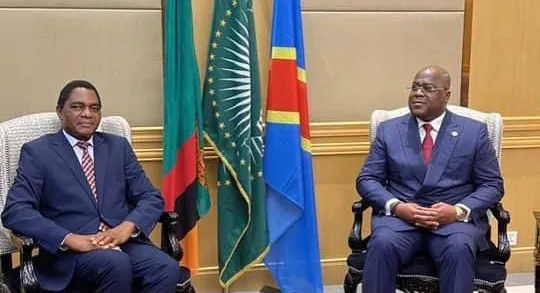
The cornerstone of this endeavor is the construction of a 345-meter (1,130-feet) bridge over the Luapula River, serving as a crucial border crossing between Congo and Zambia. This bridge is expected to significantly reduce the existing travel distance by over 150 miles, providing a more efficient route for transporting vital minerals.
Major construction activities are scheduled to commence after the upcoming rainy season, with an estimated completion time of three years, according to GED Africa. The project encompasses the creation of one-stop border posts between Zambia and Congo, as well as tolling plazas to facilitate smoother cross-border trade.
One of the primary motivations behind this road project is to address long-standing congestion issues that have hindered mining companies in their efforts to transport essential supplies to copper and cobalt operations. Currently, journeys along existing routes can take more than a month due to congested border crossings and poorly maintained roads.
Read Also: President Tshisekedi: DR Congo, UAE to Develop 4 Mines in South Kivu
As the demand for critical metals like copper, cobalt, and lithium, which are essential for renewable energy technology and a low-carbon future, continues to grow, modernizing transportation infrastructure becomes imperative.
“Copper, cobalt, lithium, and other minerals mined in the region are critical to renewable energy technology and a low-carbon future,” noted GED. “The green energy transition has increased demand exponentially, and as production volumes increase, road modernization is critical.”
In addition to easing the transportation of minerals, the upgrade and extension of a 184-kilometer (114-mile) highway will facilitate quicker travel for truckers commuting from Lubumbashi in Congo to the Tanzanian port of Dar es Salaam, opening up new trade routes and economic opportunities.
Subscribe to Switch TV for more content.
To finance this ambitious project, GED has engaged in discussions with the Trade and Development Bank and the African Finance Corporation. The project’s financing structure is set to consist of 70% debt and 30% equity from the company itself, demonstrating the commitment to seeing this transformative endeavor through to completion.


